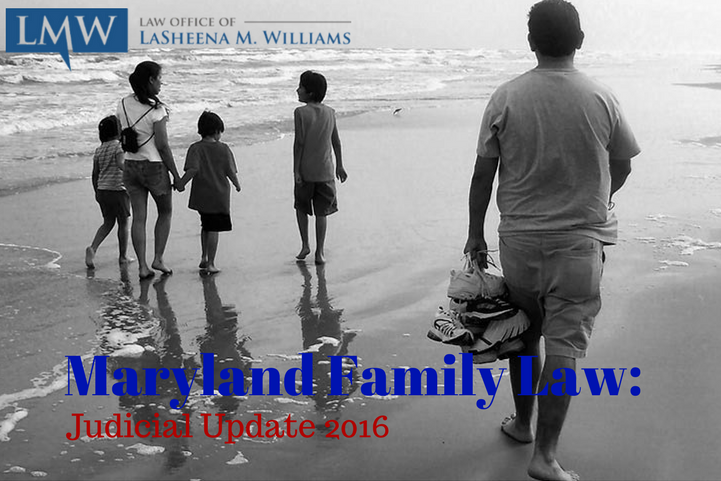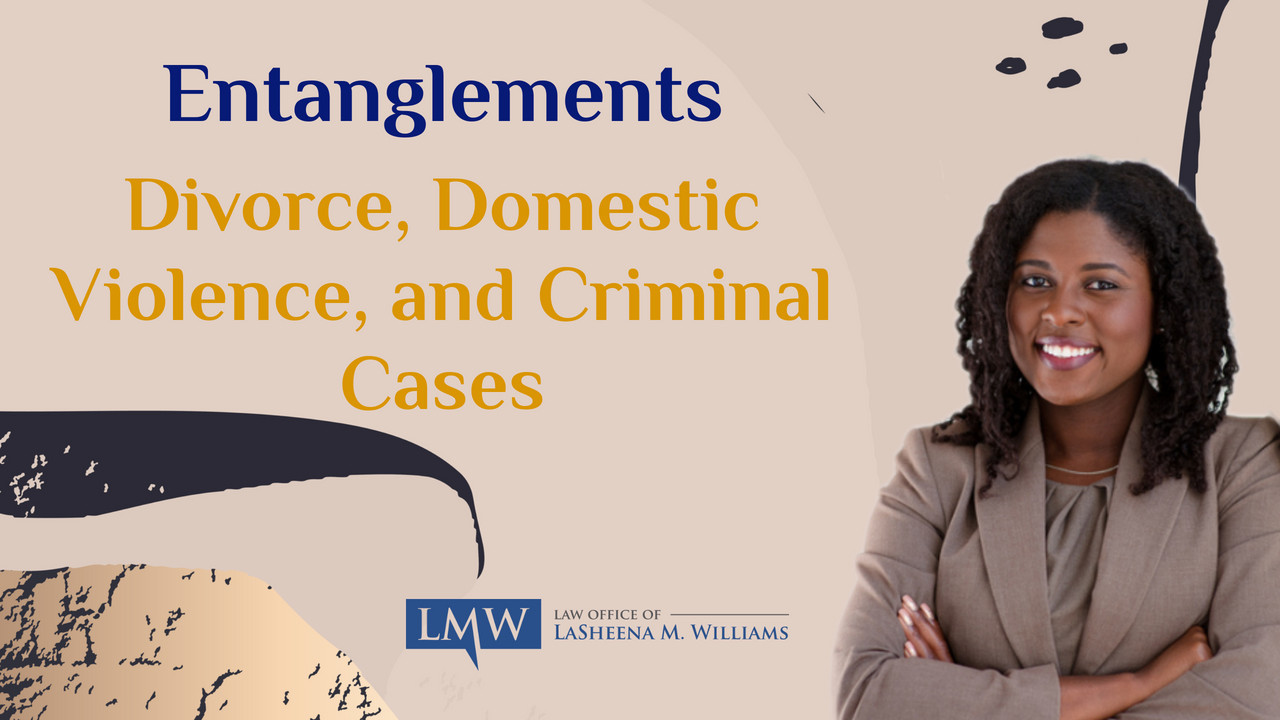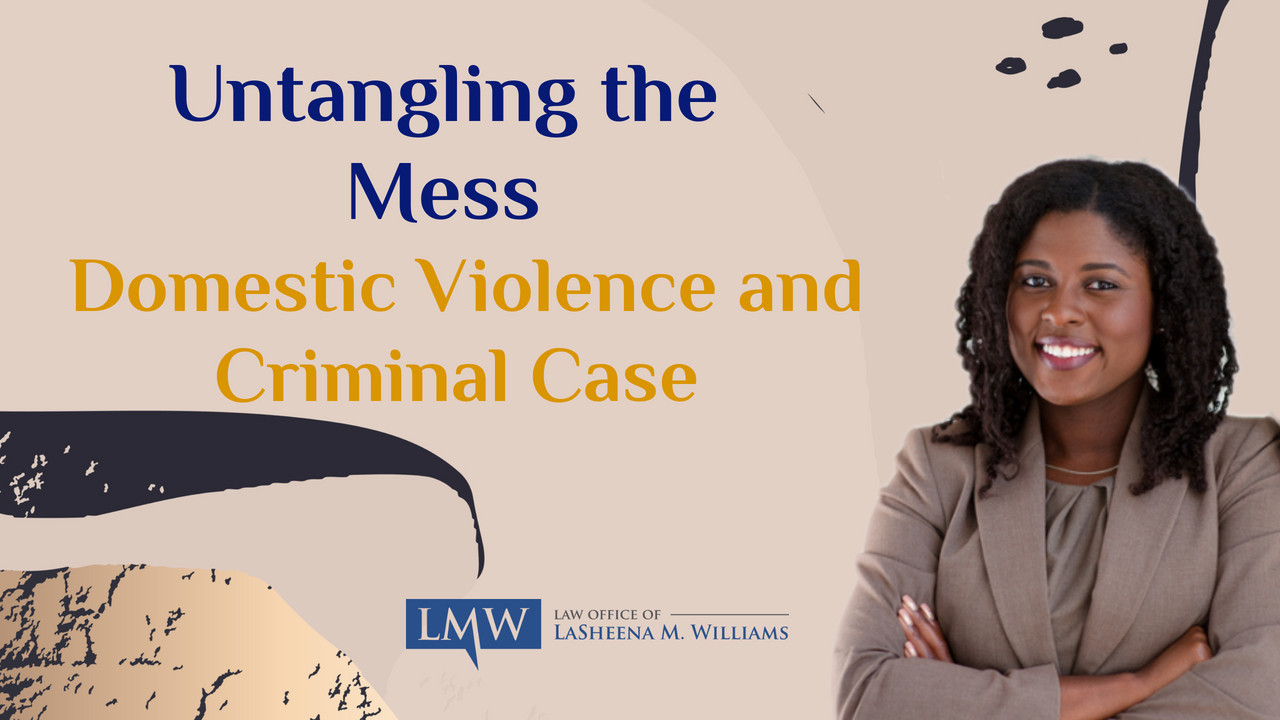Maryland’s judiciary annually make case decisions that shape the lives of families throughout Maryland. Similar to the legislature’s changes, these decisions have a lasting impact on Maryland family law.
Take a look at some important updates in the following reported cases decided between January 1, 2015, and July 31, 2016.
1. Courts cannot consider polygraph test results even when there are relaxed evidentiary requirements. In re. A.N., B.N., and V.N., 226 Md. App. 283, 127 A. 3e 644 (2015).
During a permanency planning hearing for a CINA case, the trial court made a determination that relied upon a recommendation that included evidence of a failed polygraph test. Permanency planning hearings, unlike divorce hearings, are given significant flexibility regarding the type of allowable evidence. In Maryland, polygraph tests are not typically admissible as evidence. The Court of Special Appeals ruled that even with flexible evidence rules, polygraph test results are inadmissible.
2. A party does not have an automatic right to paternity testing. Davis v. Wicomico County Bureau of Support Enforcement, 222 Md. App. 230, 112 A.3d 1024 (2015).
A party only has a right to a paternity test in a proceeding to set aside or modify a “Declaration of Parentage.” If the contesting party allows the 60-day recession period to lapse, the affidavit can only be challenged on the basis of fraud, duress, or material mistake of fact. After the 60-day period, excluding the previously mentioned challenges, the putative father forfeits his right to contest paternity by requiring a blood or genetic test.
3. A child conceived via artificial insemination or IVF with the consent of the parties and born during the marriage is the legitimate child of the marriage. Sieglein v. Schmidt, 224 Md. App. 222, 120 A.3d 790 (2015).
If married parties consent to in vitro fertilization or artificial insemination and a child is conceived during the marriage, neither parent can later claim that they have no parental rights, obligations, or reasonability for the minor child. The Court of Special Appeals held this judgment because they wanted to avoid a subset of children who would “have no natural parents because we don’t know who the anonymous donors are.” As a result, a legal parent of a child born during the marriage is still jointly responsible for the child’s support, welfare, and education.
4. De facto parents in family law cases can contest child custody or visitation. Conover v. Conover, 2016 WL 3633062.
By far the most controversial family law opinion of the year, Conover reverses Janice M. v. Margaret K. Under Janice M., a de facto parent, such as an aunt, grandmother, or same-sex unmarried parental-figure, did not have the standing to seek custody unless they could show exceptional circumstances or parental unfitness. Now, a de facto parent can seek custody if the child’s parent consented and fostered a parent-like relationship with the child, the non-biological parent lived in the same household; the non-biological parent assumed parental responsibilities for the child’s care and development without expectation of compensation; and the non-biological parent was in this role for enough time that the child developed a parent-child bond.
At the Law Office of LaSheena M. Williams, LLC we take pride in knowing the relevant court decisions that will impact your family law case, including divorce, child custody, domestic violence, adoption, and other decisions. If you have a family law case, the advice of a skilled family law attorney can be very supportive. The Law Office of LaSheena M. Williams strives to represent your interests with the most up to date information available. Contact us today at (301) 778 – 9950 for a free case evaluation or to schedule a consultation appointment.



